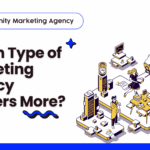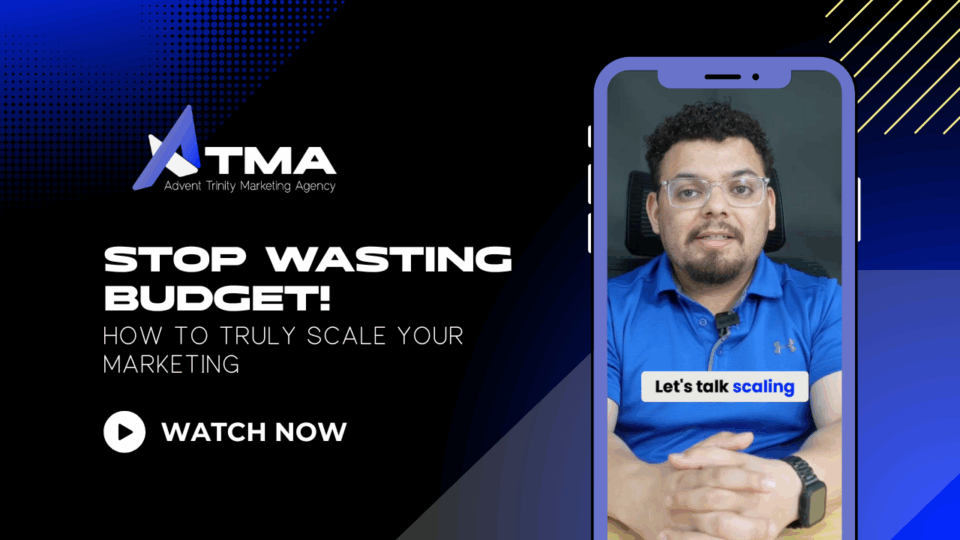
Pick the Right Agency—Your Growth Depends on It
May 21, 2025
This One Positioning Tweak Can 10x Your Results
June 18, 2025When businesses pitch their product or service, many default to one of the most common—but least effective approaches: listing features. It’s tempting to believe that the value will be obvious if you simply explain everything your product does. But the truth is, features alone do not sell. Stories do.
At Advent Trinity, the most successful sales pitches begin with narrative, not a script. Why? Because buyers don’t just want information—they want clarity, context, and confidence. Your job isn’t to overwhelm with specs; it’s to guide prospects through a decision-making journey they can trust.
The Problem with Feature-First Pitches
When a pitch starts with product features, it assumes the buyer already knows:
- What problem they need to solve
- Why the solution matters now
- How your product is better than other options
But most buyers don’t start with that clarity. Instead, they are unsure, evaluating alternatives, and wondering if they even need to change.
A feature-heavy pitch puts the burden of connecting the dots on the buyer. A story-led pitch removes that burden by creating a clear path from their world to your solution.

Understand This: “Do Nothing” Is Your Real Competitor
The biggest threat to closing a deal is not your direct competition. It’s the buyer doing nothing at all. Inaction is the most common outcome of a confusing or generic pitch.
When buyers don’t feel confident, they hesitate. When they don’t see urgency, they delay. If your sales pitch doesn’t quickly connect their pain to your solution, the safest option becomes… no decision.
That’s why the best sales pitches frame your product as a response to a real, timely problem. It creates forward momentum and overcomes the inertia of inaction.
What Makes a Sales Pitch a Story?
A strong pitch is a narrative with structure and purpose. It doesn’t just tell the buyer what your product is; it walks them through why it matters and how it makes their life better.
The right story builds trust by:
- Reflecting the buyer’s environment and language
- Validating the problems they face
- Illustrating the consequences of inaction
- Presenting your solution as a clear resolution
- Reinforcing how you’re uniquely positioned to help
This is how stories win deals—by showing relevance and reducing doubt.

How to Start Your Sales Story the Right Way
Here’s a basic framework to use when building a story-led pitch:
1. Lead with Change
Open by talking about a shift in the market, industry, or buyer’s world. This helps your audience feel like you understand their reality.
Example: “Over the last year, service-based businesses have struggled with X due to Y…”
2. Define the Problem
Articulate the challenge your buyer is facing in their language, not yours. Be specific and relatable.
3. Introduce Stakes
What happens if they don’t address this problem? Emphasize the cost of inaction—not in fear, but in terms of missed opportunity.
4. Present the Solution
Only after establishing context and urgency do you introduce your product. Now, it’s positioned as a resolution, not a random offering.
5. Reinforce Unique Value
Highlight your differentiated value—not every feature, but the one thing that sets you apart and matters most to the buyer.
6. End with a Confident Call to Action
Whether it’s a demo, proposal, or onboarding step, finish your pitch by clearly guiding the buyer toward the next phase.
Why This Approach Works
Buyers want to feel understood. They want to feel confident. A story-driven pitch doesn’t just educate—it reassures. It answers the internal questions every prospect has:
- “Does this apply to me?”
- “Can I trust this solution?”
- “Will it be worth the change?”
The story gives meaning to the details. It turns information into insight and creates an emotional connection to your offer.

Lead Like a Guide
The most effective salespeople don’t sound like salespeople—they sound like guides. When you take the time to understand your prospect’s journey and walk them through a well-crafted story, you build momentum, credibility, and trust.
At Advent Trinity, we help businesses go beyond features and craft sales narratives that win attention, build clarity, and increase conversions. If you’re ready to reshape your sales approach with storytelling that resonates, let’s talk.




